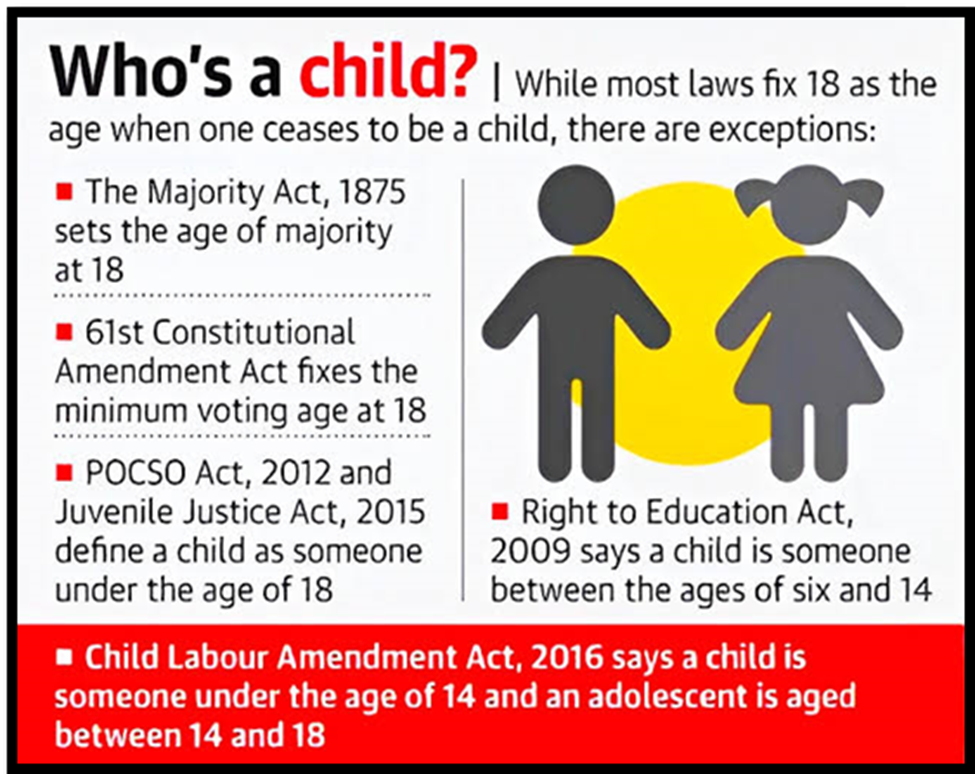Context:
The Kerala High Court has ruled that not all cases under the Protection of Children from Sexual Offences (POCSO) Act must proceed to trial when the involved parties have arrived at a genuine settlement. This judgment, delivered by Justice C. Jayachandran, comes amid growing legal debates around the quashing of non-compoundable offences, particularly those involving minors and sexual offences.
Kerala High Court’s Observation
Justice C. Jayachandran, while quashing two separate cases registered under the POCSO Act, underscored the role of genuine settlement in determining the continuation of criminal proceedings. Both cases involved a marriage between the accused and the survivor, with the couples reportedly leading stable family lives.
- The court reasoned that if a severe charge like attempt to murder under Section 307 of the Indian Penal Code (IPC) can be quashed upon a genuine settlement, then a comparatively less serious offence under the POCSO Act may also be terminated under similar circumstances.
- The court emphasized that while sexual offences such as rape (Section 376 IPC) and penetrative sexual assault under the POCSO Act are traditionally considered offences against society—thus, non-compoundable—it is possible for extreme mitigating circumstances to justify quashing.
- In such instances, the decision must depend on the factual matrix of each case, rather than a rigid application of legal terminology.
Compoundable vs. Non-Compoundable Offences:
Under Indian criminal jurisprudence, offences are categorized into compoundable and non-compoundable offences as per Section 320 of the Criminal Procedure Code, 1973 (now mirrored in Section 359 of the Bharatiya Nagarik Suraksha Sanhita – BNSS).
- Compoundable Offences are those where the victim and accused can amicably resolve the matter with court permission. Examples include:
- Simple Hurt (Section 323 IPC)
- Criminal Breach of Trust (Section 406 IPC)
- Defamation (Section 500 IPC)
- Non-Compoundable Offences are considered graver in nature and generally cannot be resolved through compromise as they are deemed offences against the state or society at large. Examples include:
- Murder (Section 302 IPC)
- Grievous Hurt (Section 326 IPC)
- Rape (Section 376 IPC)
- Kidnapping (Section 363 IPC)
Role of Judicial Discretion and Higher Courts
Despite the statutory bar on compounding non-compoundable offences, courts in India—particularly the High Courts and the Supreme Court—possess discretionary powers to quash criminal proceedings in exceptional cases.
The Supreme Court, under Article 142 of the Constitution and Section 482 of the CrPC, has held that courts may allow compromise for non-compoundable offences based on factors such as:
- Nature and gravity of the offence
- Background of the case
- Extent of settlement or compromise between the parties
Way forward:
The Kerala High Court’s decision holds significant implications for several reasons:
- It highlights the importance of rehabilitation and the restoration of familial harmony following a settlement.
- It affirms the role of judicial discretion in quashing proceedings under the POCSO Act, particularly when mitigating factors are present.
- It promotes a balanced, fact-driven approach to justice, moving beyond a rigid application of statutory prohibitions.







